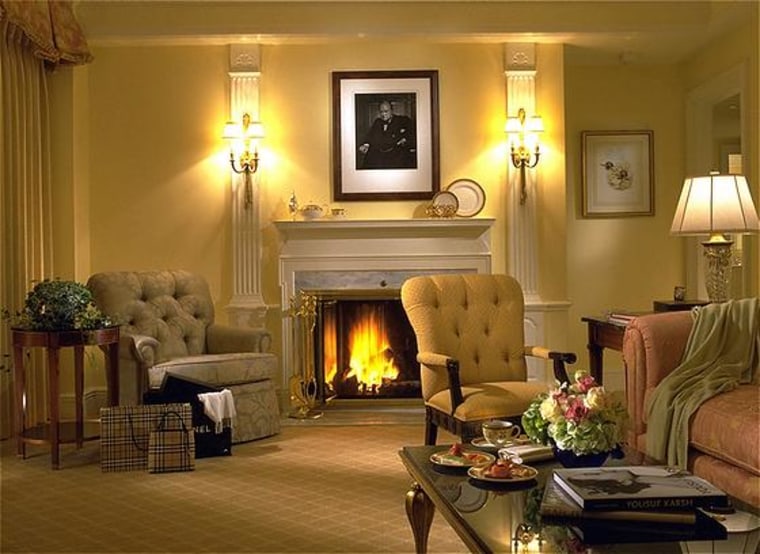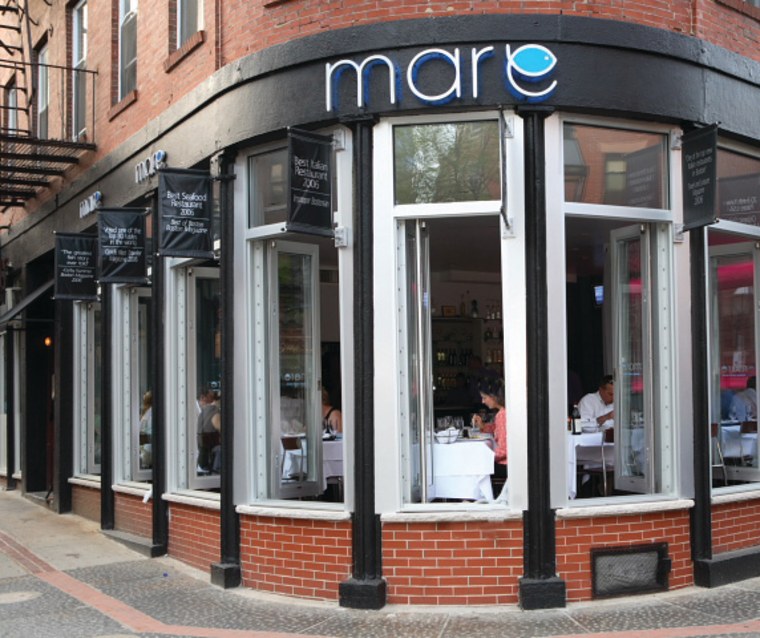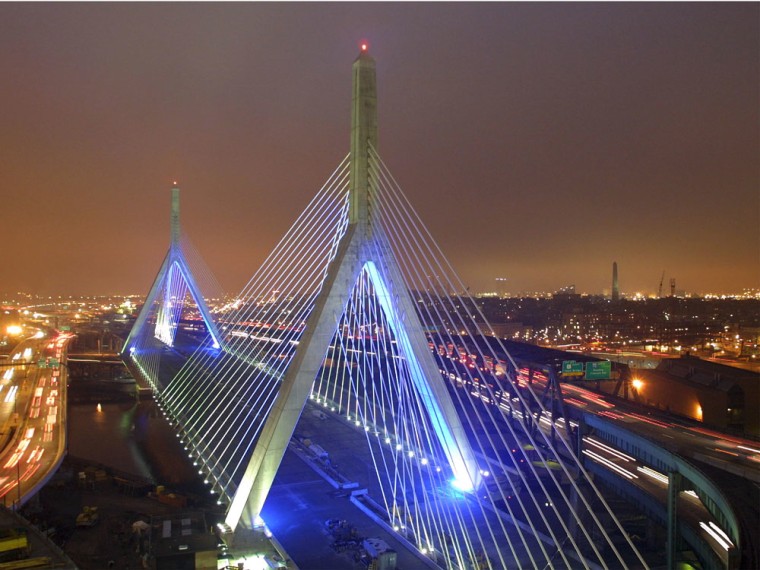Where would America be without Boston? After all, this harbor-side city was founded in 1630—that’s 146 years before the Declaration of Independence. If the United States were to ever lose its way, proud little Boston could help steer it back on course.
That’s because, unlike some other American cities, Boston values its past—even as it heads unflappably into the future. A Holocaust Memorial overlaps part of the Freedom Trail. Glass towers with luxury suites overlook the harbor where patriots once dumped British tea to protest unfair taxation. And almost everywhere, posh restaurants and hot spots are abuzz with young people who have given Boston its vibrancy and unique civic energy since its earliest days as a colonial settlement.
Adding to its appeal is that the compact city has never lost its Old World flavor. “Boston provides a great backdrop for filming because of its European-style look and neighborhoods,” says Delaina Dixon, senior TV writer at OK! Magazine. “And we’re not just talking "Boston Legal;" Drew Barrymore's 2005 comedy "Fever Pitch" took place in Boston, there was "Good Will Hunting" before that, and now "The Bride Wars." ”
Now more than ever, Boston is on—and not just because Leo DiCaprio and Kate Hudson were shooting "The Bride Wars" there, holing up with the rest of the crew at the posh Ritz-Carlton, Boston Common [ed.: the management neither confirms nor denies this].
It’s that distinctly Bostonian zest for urban renewal, which has come naturally to Beantown almost since its inception in 1630. At that time, only a narrow isthmus, Boston Neck, joined the Shawmut peninsula to the mainland. But land reclamation added acreage and, in some cases, entire neighborhoods, such as Back Bay. So while it was immense in scale, the Big Dig—a 15-year and $15-billion mega-project meant to alleviate traffic congestion—was not entirely unprecedented. The project officially ended on Dec. 31, 2007, and left Boston with the resolutely modern Zakim Bunker Hill Memorial Bridge and the Rose Kennedy Greenway, 30 acres of new land in the middle of downtown that emerged when the elevated highway was dismantled.
The absence of the unsightly but familiar stretch of green metallic elevated highway that once separated the old North End from the ever-popular Faneuil Hall and Quincy Market, with its famous food hall, comes as something of a shock (albeit a pleasant one) to anyone with a post-1950s memory of the city. Now the Freedom Trail passes unobstructed from the marketplace area to the neighborhood immortalized by Paul Revere and the Old North Church, from whose tall steeple two lanterns were shone on April 18, 1775, to alert patriots across the water in Charlestown of British troop movements by sea. The North End is today not only a trove of early American history, but one of the zestiest food districts in the country thanks to its concentration of Italian restaurants, among which the all-organic Mare and family-run Vinoteca di Monica are two standouts.

Though small, Boston is a city of distinct neighborhoods. If downtown and the North End retain a distinct colonial aura, Back Bay is where 19th-century elegance reigns supreme—starting with the beautiful Public Garden, opposite the larger and more historic but less lovely Boston Common. The 24-acre garden is famous for the Swan Boats (inspired by the swan-drawn boat in the opera "Lohengrin") that trace figure-eights in a manmade lagoon during the warmer months. The best views are found in the eastward-facing rooms of the Taj Boston. Known until last year as the Ritz-Carlton Boston, the Taj Boston remains the standard-bearer of refinement and luxury in the city. Its legendary high service standards and prime location along Newbury Street's eight long blocks of restaurants and shops make it Boston’s top hotel choice.

The upscale shopping emporium Louis Boston is just down the street from the Taj, and is not to be missed on two accounts. First, it’s housed in what used to be the New England Museum of Natural History, built in 1863. Second, an eclectic range of high-end offerings make it the city’s best shopping experience. There are designer clothing labels galore, but also surprisingly contemporary home décor and fragrance sections, and even a listening bar, on the first floor. It’s like a marriage between New York’s Henri Bendel and L.A.’s Fred Segal—and, somehow, it works.
With its mix of shops, Victorian brownstones and cultural institutions like the Museum of Fine Arts, Symphony Hall and Isabella Stewart Gardner Museum, the Back Bay and Fenway districts are as quintessentially Bostonian as the neighborhoods of North End and Beacon Hill. Until recently, the latter was easily the most conservative section of the city, and while that’s largely still true, the arrival of the Liberty Hotel in 2007 signaled a change. The 300-room hotel is on the site of the former Charles Street jail, itself built in 1851. Even if you don’t stay there, take a look at the original, soaring 90-foot-tall central rotunda, accessed by escalator from the ground level. Whether you nibble tapas at Clink or have a drink at Alibi, you’ll be partaking of a Boston that the city’s Puritan founders would be hard-pressed to recognize. But there’s no crime in that.
